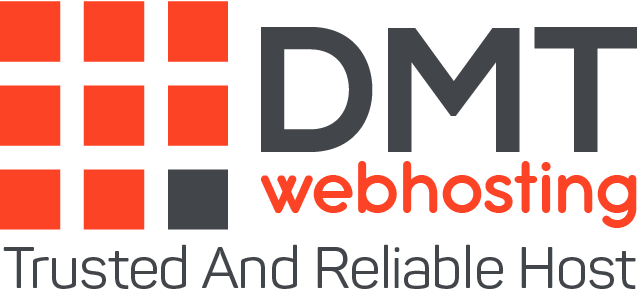When it comes to choosing a database management system, the battle often takes place between MySQL and SQL Server. But what are the real differences and how do you make the right choice for your organization?
In this article, we will discover the different characteristics of each.
MySQL
Developed in the mid-90s (then bought by Oracle), MySQL is one of the first open-source databases. This means that there are several alternatives to MySQL. But the differences between these variants are not too remarkable; the syntax and basic functionality remain the same.
MySQL is popular with the startup community. Because it is free and open-source, developers can easily become familiar with MySQL and modify its code when they might need it. MySQL is generally used with PHP and Apache Web Server, in addition to a Linux distribution, which has led to the acronym LAMP (Linux, Apache, MySQL, PHP).
SQL Server
SQL Server, also known as Microsoft SQL Server, has been around much longer than MySQL. Microsoft developed SQL Server in the 1980s, with the promise of providing a reliable and scalable RDBMS. These remain the essential qualities of SQL Server after all these years, as it is the ideal platform for large-scale enterprise software.
SQL Server is mainly intended for developers who use .NET as their development language, in contrast to PHP for MySQL.
Difference between MySQL and SQL Server
Supported platforms
SQL Server was originally developed by Microsoft for the Windows operating system. Microsoft recently announced its decision to make the RDBMS available on Linux and Mac OS X. But companies will not be able to use certain features when running SQL Server on Linux or Mac OS X. Companies can run MySQL smoothly on multiple operating systems, including Windows, Linux and Mac OS X.
Supported programming languages
MySQL and SQL Server support several programming languages. Both RDBMS support Java, PHP, C ++, Python, Ruby, Visual Basic, Delphi, Go and R. But MySQL also supports programming languages such as Perl, Scheme, Tcl, Haskel and Eiffel. Support for many programming languages makes MySQL popular among various developer communities.
Storage engines
Another difference that is sometimes overlooked between MySQL and SQL Server is the way they store data. SQL Server uses a single storage engine developed by Microsoft, unlike several engines offered for MySQL. This gives MySQL developers a lot more flexibility, as they can use different engines for different tables, depending on speed, reliability or another dimension. InnoDB is a popular MySQL storage engine, which sits at the lower end of the spectrum while maintaining reliability. The other is MyISAM.
security
Both are almost the same in security. Both comply with the EC2 standard, which means that you are generally secure when choosing one or the other.
Cost
This is where the SQL server becomes much less attractive and MySQL gains important points. Microsoft requires you to purchase licenses to run multiple databases on SQL Server. There is a free version, but it is only intended to familiarize you with the RDBMS. However, MySQL uses the GNU General Public License, which makes it completely free to use. Note, however, that if you need MySQL support, you will have to pay for it.
Conclusion:
The reason for choosing one database product over another should be based on your applications and the state of your development cycle.
For a growing business with a generous IT budget and a wide range of needs to create or support various Microsoft-compatible applications, it would make sense to examine SQL Server.
For applications where the development process would take advantage of an unlimited licensing approach and support for a multi-platform environment, MySQL would be a great alternative.
About the author
DMTwebhosting.com’s Editorial Team prides itself on bringing you the latest web hosting news and the best web hosting articles!
You could also link to the news and articles sections:
